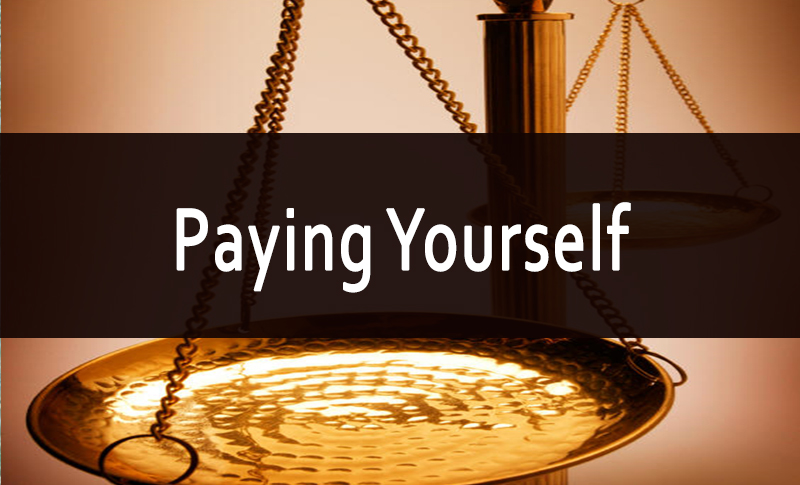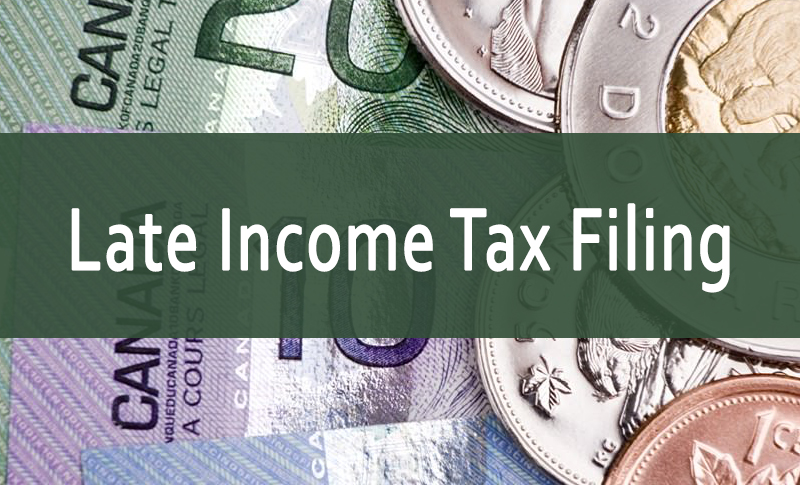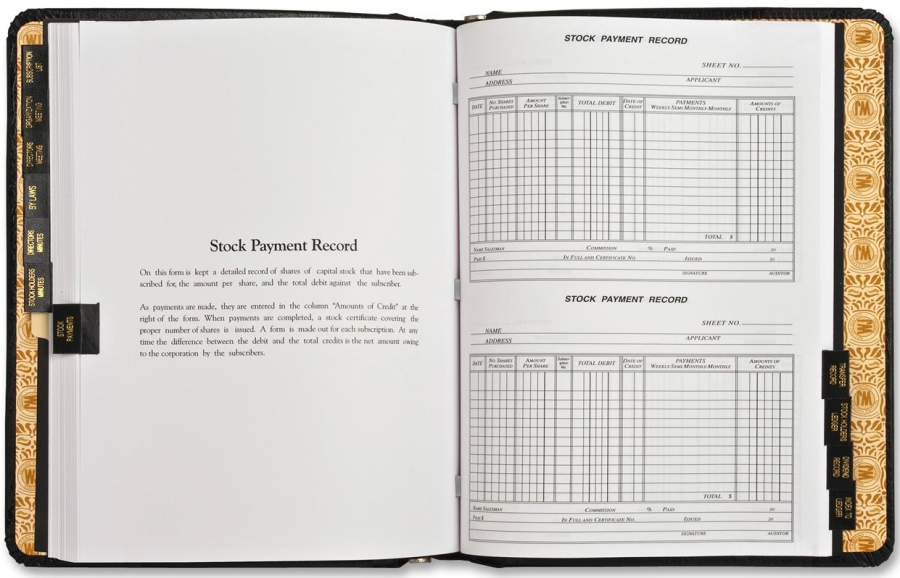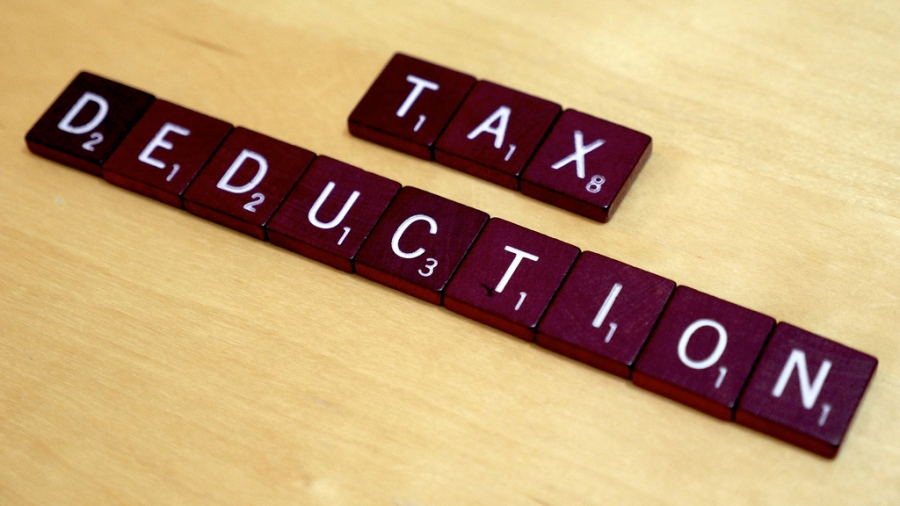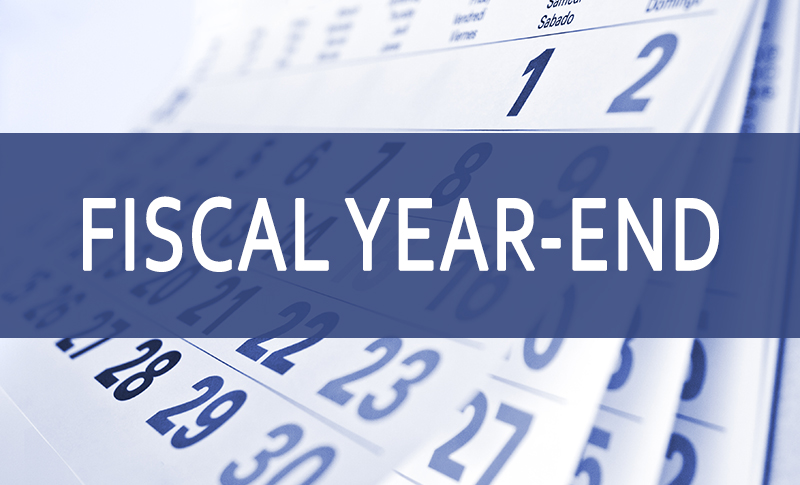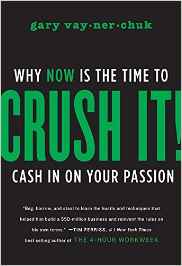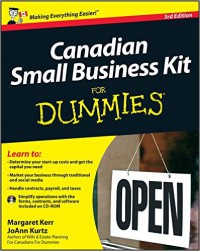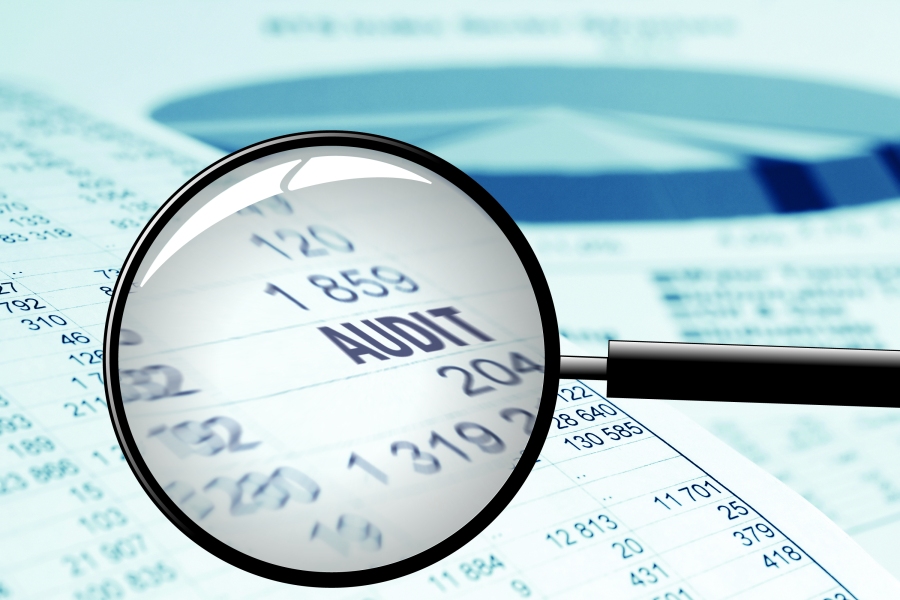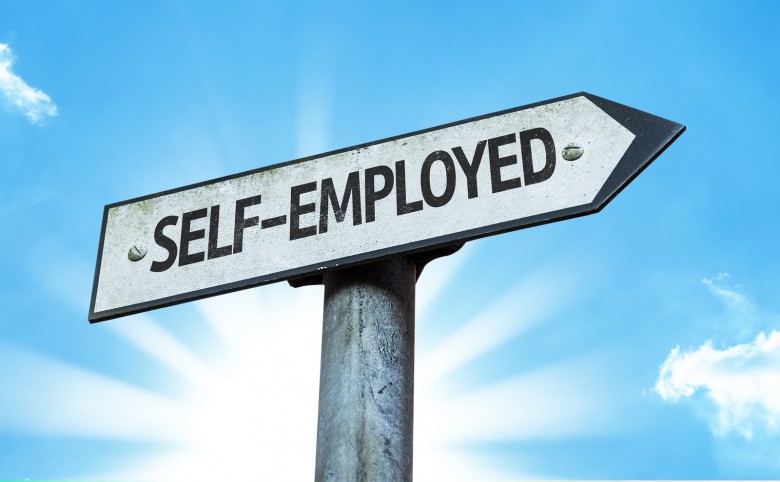When it comes to taking money out of your company, the key question is what’s better, salary or dividends?
While there are a number of factors to consider when answering that question, if you’ve worked out that salary is your best option, the next question is how you actually pay yourself that salary.
So just what does it mean to pay yourself a salary?
Simply taking money out of corporation is neither a salary or dividend by CRA standards and is only a shareholder loan. Without somehow declaring to the CRA whether those withdrawals are salary or dividends, it will be as if you are borrowing money from the corporation which you’re expected to pay back.
What truly defines whether compensation is salary or a dividend is the information form that is issued to the CRA.
How do I pay myself?
Each year by the end of February, a corporation must issue a T-slip to inform the CRA whether salary or dividends were taken: a T5 is submitted to declare dividends while a T4 is issued to declare salary. The contents of the T4s or T5s that were issued to you are then recorded on your T1 personal tax return.

